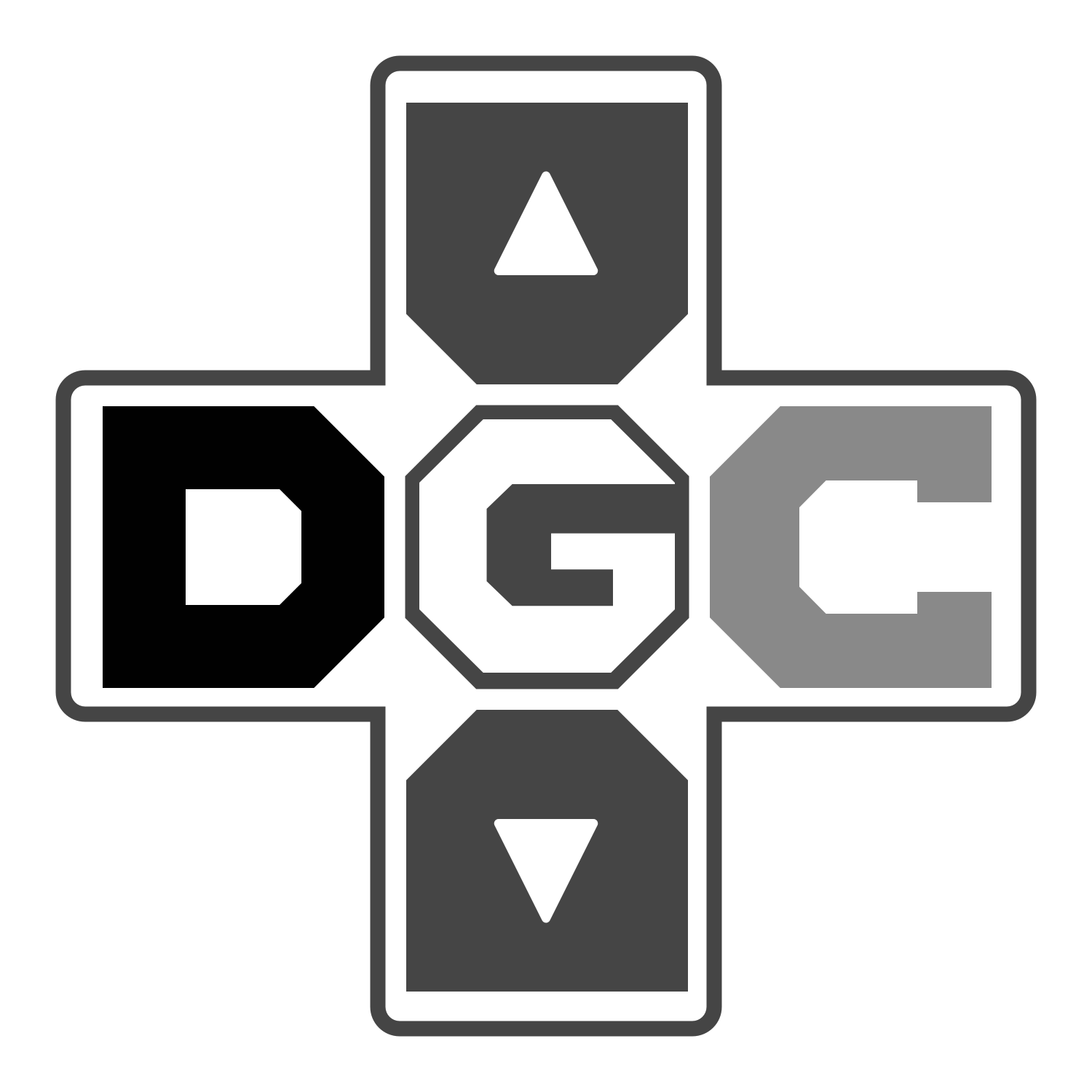DGC Ep 188: Eternal Darkness Bonus Interview with Brad Furminger
Following on from our DGC series on 2002's Eternal Darkness, we talk with designer Brad Furminger, who got his start at Silicon Knights working on Eternal Darkness and an earlier version of Too Human. We talk about design choices on Eternal Darkness and get lots of little stories.
Podcast breakdown:
0:42 Interview segment
1:03:35 Break
1:04:06 Feedback
Issues covered: getting in with geographical luck, progressively getting into deeper discussions with a future employer, becoming second party with Nintendo, being at a teaching developer, diversity of background and interests, structuring for various characters, studying the game bible, working with tough tools, the "glamour" of game development, having an intense crunch, what doesn't kill you makes you stronger, not being able to show fear, having a learning moment that lasts, a four-room prototype, meeting ED, building worlds and universes and not just individual games, a universe with mystery, diversity of characters, a strong positive female role model, the ancient ones and their machinations, establishing the importance of places in the world, building and rebuilding the world, returning to a place and knowing where to go, blending the player and character experience, the meta effects, the adventure game beginnings, sanity effects coming from the whole team, incorporating good ideas as a designer, Brad's favorite meta sanity effect, the difficulty of going low sanity, "You need keys that aren't keys," illustrative koans, finding ways to connect Alex through the chapters as keys, teaching the player to navigate the unknown, Nintendo's excellent QA department, finding a weird.... hardware bug?, PEBCAC, sacrificing a feature to make the game a little more approachable, seeing the flaws in our own work, making not enough use of the body part targeting, having to change to Pargon for Japanese, the magic system, developing around four plays, the percentage of people who finish a game having started it, hoping rather than expecting people would play more than once, making changes that cut down on differentiation of playthroughs but benefited QA, getting into teaching, getting experimental in classes, the impact of 9/11 on Eternal Darkness, Bush invoking the Crusades, incorporating development lessons into teaching, a game recommendation, the impact of fans in keeping games alive and playable, usability testing and playtesting, getting information about the whole player, blind testing, having that discomfort and not saying anything about play, getting a sense of what the player is experiencing, giving voice to what you're playing, pushback on playtesting, using different departments to playtest, seeing and not reading, usability issues again.
Games, people, and influences mentioned or discussed: World of Warcraft, Silicon Knights, Metal Gear Solid: Twin Snakes, Too Human, Bedlam Games, D&D: Daggerdale, George Brown College, Toronto Film School, Denis Dyack, Legacy of Kain: Blood Omen, Full Sail, DigiPen, Sandbox Studios, Digital Extremes, PlayStation 1, Nintendo 64, GameCube, Nintendo, Ted Travor, Sierra, King's Quest, Space Quest, Robyn Miller, MYST, Lovecraft, Shigeru Miyamoto, Trevor Fencott, Runbow, 13AM Games, Jedi Starfighter, DLC Podcast, Jeff Cannata, Christian Spicer, Alynne O., FromSoft, Shadow Tower Abyss, Metroid Prime, Half-Life 2, King's Field, Dark Souls/Bloodborne, Owen Lawson, TIE Fighter, X-Com, Dark Forces, Planescape: Torment, Star Control 2, Stardock, Lucas Rizoli, Microsoft, Republic Commando, Michael Abbott, Valve, Blizzard, Jeffrey Sondin-Kung (Pinecone), LEC-Game Theory, Zachary Crownover, Johnny Pockets, John Romero, Persona 5.
Links:
Patrick Klepek on Mizzurna Falls
Next time:
Up to level 20 (?ish) in World of Warcraft
https://twitch.tv/brettdouville, @timlongojr, and @devgameclub
DevGameClub@gmail.com
